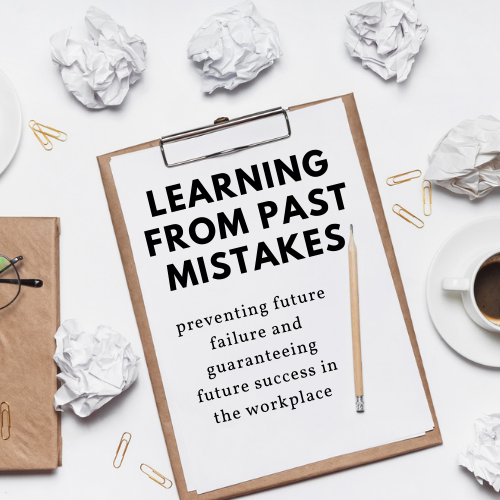How to Prevent a Failed Project or Event From Failing Again
Any business leader will tell you that failed projects are simply a part of doing business. In fact, learning from your mistakes is the key to success. But what do you do when a project or event fails miserably? How do you prevent the same thing from happening again?
Assessing What Went Wrong
No one likes to see a project or event fail, but it happens. Sometimes, despite our best efforts, things just don’t go as planned. The important thing is to learn from our mistakes and take steps to prevent a repeat performance. By assessing what went wrong, you can learn how to prevent the issues from happening again.
First, take a look at the business side of things. Was there a problem with administration or clients? If so, what can be done to rectify the situation? Perhaps this includes better instructing your team or making a more detailed plan.
You’ll also want to examine the learning experience. What could have been done differently to make it more successful? Discuss what went wrong and how to avoid that in the future.
Finally, take a look at the event itself. Was there something about the planning or execution that didn’t work? Maybe the communication wasn’t clear enough or the planning process wasn’t thorough enough.
Following Steps for a Successful Event
It can be tough to admit that a project you’ve worked hard on has failed, but here are five steps you can take to avoid repeating past failures:
- Define success upfront. It seems obvious, but it’s important to have a clear understanding of what constitutes success before embarking on any new venture. Without this clarity, it will be difficult to measure progress and identify red flags along the way. Make sure everyone on the team is on the same page about the goal of the project.
- Assemble the right team. Be selective about who you bring onto the team. Look for individuals with complementary skillsets and a shared commitment to the project’s success. Did one of your team members forget to complete an important task? If so, have a clear discussion about everyone’s responsibilities and how they affect the team.
- Plan for contingencies. No matter how well you plan, there will always be potential roadblocks along the way. Make your plan detailed but flexible so that you can adapt as needed.
- Learn from your own mistakes. After a project or event has come to an end, take time to reflect on what went well and what could be improved upon for next time. Use these learnings to inform future planning and decision-making. This can be difficult to do, especially if you’re still reeling from the failure, but it’s essential if you want to avoid making the same mistake twice.
- Get feedback from others. Once you’ve taken time to reflect on what what went wrong, consult an outside perspective. Take a step back and talk to your clients or customers to get their feedback. They may have some insight into what went wrong that you didn’t consider. Once you’ve gathered this feedback, sit down with your team and share this new insight to supplement what you’ve already discussed.
When an event in the workplace doesn’t go as planned, don’t get discouraged–stand back up and turn it into a learning and growing experience! With some careful planning and attention to detail, you can make sure that your next workplace event or project is a success.
Don’t forget to subscribe below for weekly blog posts!
© Copyright 2022 AdminLauncher.com
